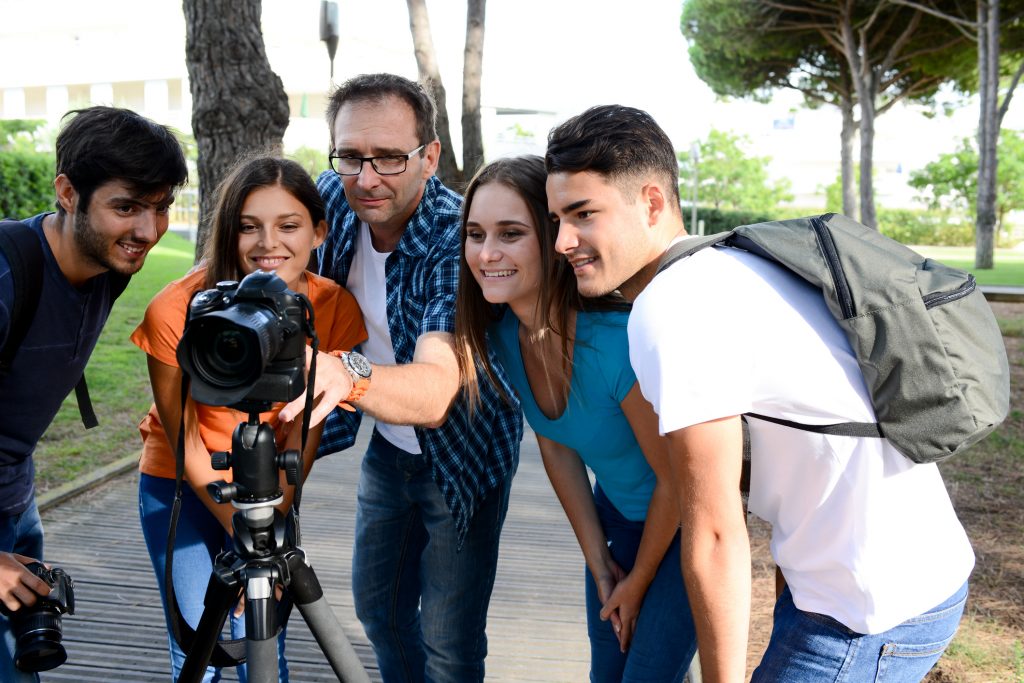
Overview
Learning doesn’t necessarily have to be confined to a classroom on a college campus. Your classroom can be any place where learning happens; accordingly, teaching in alternative spaces can include holding class in an informal learning space like a park or a common room in a dorm. It can also include students engaging in active learning in educational environments specifically designed to provide services such as work-spaces, tutoring or technology.
Strategies
Know Your Resources
Many colleges and universities maintain a list of non-traditional learning spaces on campus. Become familiar with which resources are available as well as details such as how far in advance you need to book them for your class.
Get Creative
Perhaps the four walls of your classroom aren’t conducive to teaching a particular lesson or maybe you need to quickly shift your course online. In these cases, you should get creative. You can seek out virtual spaces or physical spaces in your community that allow learning to take place most efficiently. Visit No Walls Teaching: The Book for outside-of-the-box assignment ideas.
Change Your Classroom
If you don’t have access to dedicated alternative learning spaces, you can try to recreate that environment in your classroom. Even with no resources, you can adopt practices such as arranging desks in groups rather than rows to facilitate discussions.
References
- Information Technology (University of Florida): Learning Spaces at UF
- Center for Teaching (Vanderbilt University): Teaching Outside the Classroom
- Science Education Resource Center: Search a collection of resources related to field-based learning
- Brown, Malcolm & Long, Phillip D. (EDUCAUSE): Chapter 9: Trends in Learning Space Design
- Temple (2018). Space, Place and Institutional Effectiveness in Higher Education
- Journal of Geoscience: Special Issue: Teaching in the Field
- Behrendt, M., & Franklin, T. (International Journal of Environmental and Science Education, 2014): A Review of Research on School Field Trips and Their Value in Education
- David W. Mogk (Montana State University): Field Notes – Research-based Methods for Successful Field Trips, Including Specific Examples for a Geoscience Course